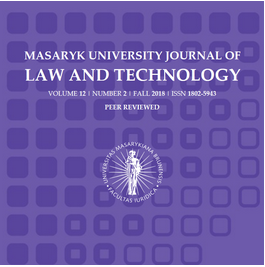BCIs – The New Ontological Dimension of Cyberspace
BCIs – The New Ontological Dimension of Cyberspace
Author(s): Raphael LepuschitzSubject(s): Philosophy of Mind, Philosophy of Science, Theory of Communication, ICT Information and Communications Technologies
Published by: Masarykova univerzita nakladatelství
Keywords: Brain-Computer-Interface; BCI; ontology; virtuality; Hegel; Weltgeist;
Summary/Abstract: Among other current fields of research for the „next“ Internet, the Brain-Computer- Interfaces (BCIs) seem to be the one with the deepest ontological implications: If this technology is further developed, the perception of what we call „Cyberspace“ or „Virtual Reality“ will be fundamentally different to our actual understanding. Instead of solely addressing two of the five senses (ear and eye), with BCIs all five human senses could be reached, and this not via any external transmitters like monitors or speakers. Restricted to science fiction literature so far, however, several remarkable breakthroughs have been made with BCIs in the recent past. Within some years of advancement, this technology will easily be able to simulate our world or any other (compare „The Matrix“ or „eXistenZ“) just as good as a nowadays state of the art CGI-movie. For me, as a philosopher and professional web developer, the key questions related to this topic are as follows: How does a BCI work and what kind of neurological or psychological risks are to be expected? Who would and who should control these upcoming cyberspaces and its underlying technologies and standards (such as protocols, compatibility, etc.)? And last but not least: Are the transhumanist beliefs regarding an evolutionary/technological singularity due to the inter-connection of human minds (a very distant version of Hegels „Weltgeist“) a blessing or a rather curse?
Journal: Masaryk University Journal of Law and Technology
- Issue Year: 4/2010
- Issue No: 2
- Page Range: 147-156
- Page Count: 10
- Language: English

